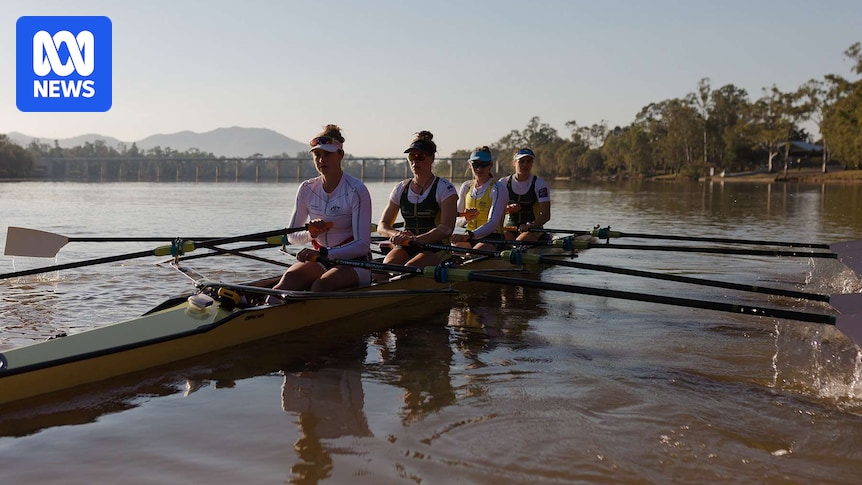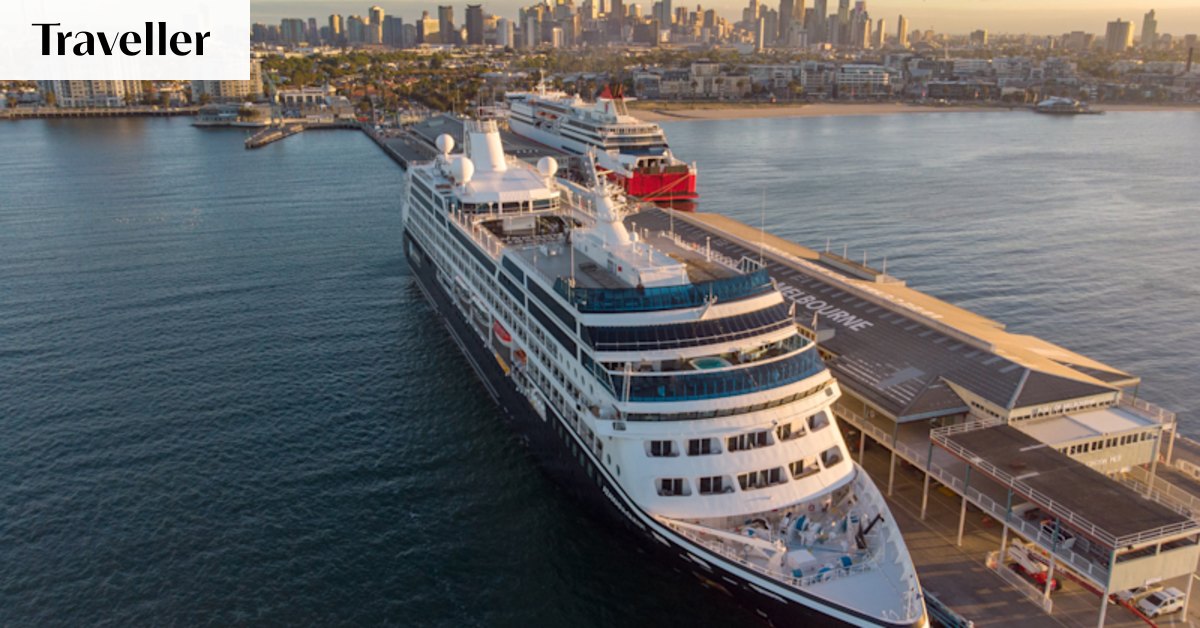
One of Queensland’s leading environmental scientists has expressed confidence that with the “right controls,” the Fitzroy River in central Queensland could meet the stringent international racing criteria required for the 2032 Olympic and Paralympic Games. This assurance comes as Premier David Crisafulli marked the seven-year countdown to the Games by taking to the water in Rockhampton.
The state government has chosen Rockhampton to host rowing and canoeing events on the Fitzroy River, the largest river catchment flowing to the east coast of Australia. However, the proposal has faced significant backlash from national and international bodies, raising concerns that the river does not currently meet the necessary standards.
Technical Testing and Government Commitment
Technical testing, commissioned by the Games Independent Infrastructure and Coordination Authority (GIICA), commenced today to assess the river’s suitability. Premier Crisafulli emphasized the government’s dedication to transforming the Fitzroy River into a world-class venue, stating, “Rowing is happening in Rocky, and we’re putting in place the steps to make sure we can build a world-class venue.”
The government plans to use these tests, which include assessments of water flows and depths, to make a compelling case to World Rowing officials. These officials are expected to travel to Rockhampton for their own technical assessment in the coming months.
Expert Opinions and Environmental Concerns
Dr. Shaneel Chandra, a senior lecturer in chemistry at CQUniversity and former acting chief scientific officer in the Office of the Great Barrier Reef and World Heritage, supports the technical testing. He believes that with appropriate management, the Fitzroy River can meet international standards. “There are active management programs in place from weeds to water quality already being monitored, and I have no doubt these efforts will be ramped up in the lead-up to the Games,” Dr. Chandra stated.
Meanwhile, the management of the river’s crocodile population will also be part of the assessment, adding another layer of complexity to the preparations.
Infrastructure and Legacy Projects
It has been four years since Brisbane secured the right to host the 2032 Games, yet major infrastructure projects are still in the planning stages. Premier Crisafulli reassured the public that there is ample time to prepare, drawing parallels to the Sydney Olympics timeline. “At this point, seven years out, Sydney hadn’t even been awarded the Games yet,” he remarked.
The state government has opened expressions of interest to industry leaders to explore opportunities for the new Victoria Park precinct. This site will host the new 63,000-seat stadium, the National Aquatic Centre at the Spring Hill Centenary Pool, and an athletes’ village at the RNA showgrounds. Deputy Premier Jarrod Bleijie described it as a “once-in-a-lifetime opportunity for industry leaders to help deliver Queensland’s largest infrastructure legacy.”
Leadership and Financial Oversight
GIICA has appointed a new chief executive, Simon Crooks, to oversee the delivery of these projects. Crooks, who previously led the Queens Wharf precinct construction, expressed confidence in meeting the deadlines. “To be honest, my job is to get on and get delivering, to start work on getting people pushing shovels in the ground and working,” he said.
The state government has reiterated its commitment to delivering the Games within the $7.1 billion joint funding envelope with the Commonwealth. However, Premier Crisafulli has refrained from providing specific cost estimates for individual projects, leading to criticism from Shadow Treasurer Shannon Fentiman, who accused the premier of “hiding things from taxpayers.”
“You release cost estimates, and it is so important when you’re investing billions of taxpayer funds that you can at least give some indication to taxpayers what these venues are going to cost,” Fentiman stated.
Looking Ahead
As the countdown to the 2032 Olympic and Paralympic Games continues, Queensland faces the dual challenge of meeting international standards for its venues while managing public expectations and financial transparency. The coming years will be crucial in determining the success of these ambitious projects and their legacy for the region.







